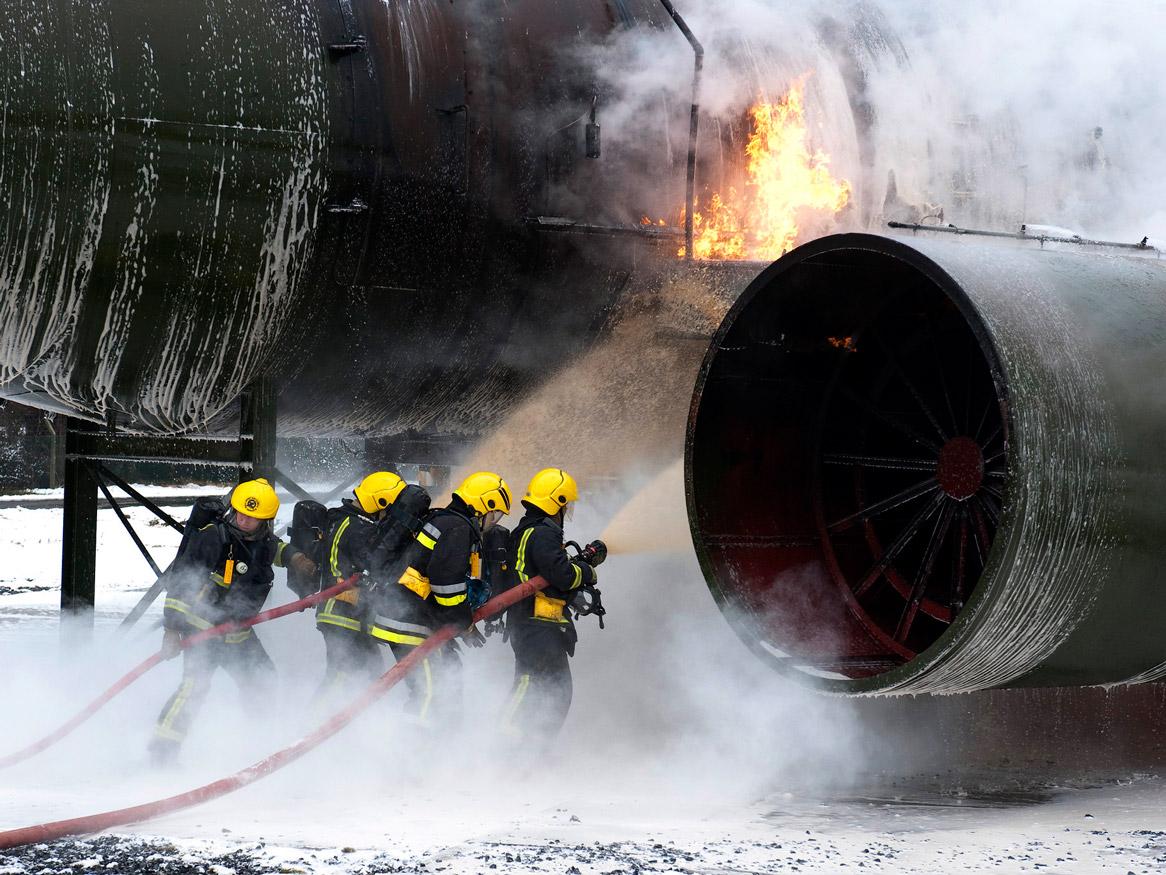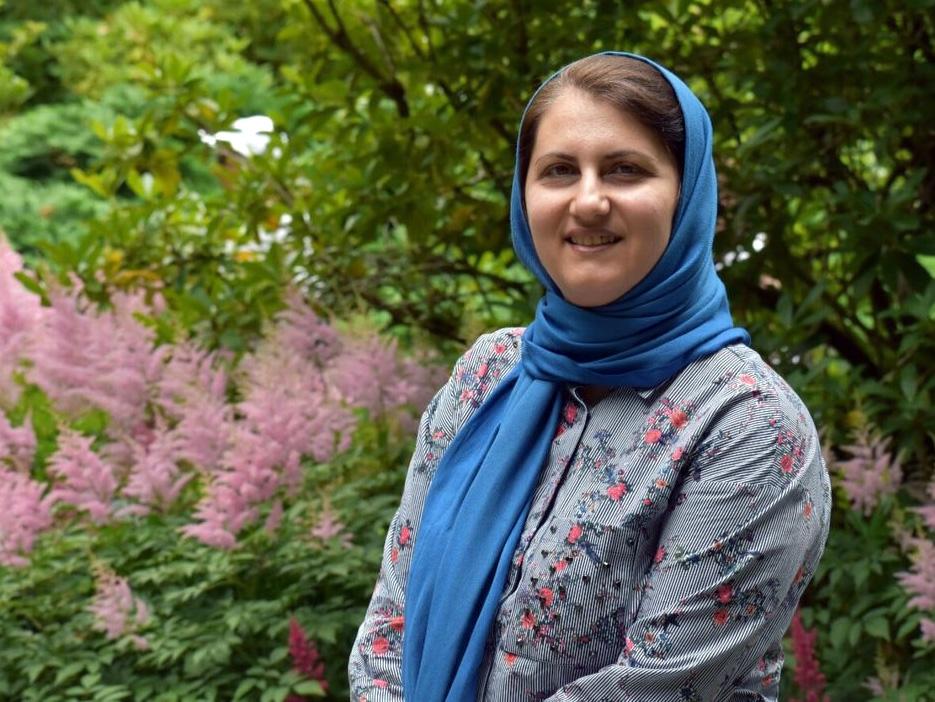Fighting fire-fighting foams: carbon materials for mitigating PFAS contamination

Image by Óglaigh na hÉireann (CC BY-NC-ND 2.0)
How do we reduce the environmental contamination caused by fire-fighting foams?
Australia faces a big contamination problem relating to chemicals used in firefighting foams. These chemicals - called per and polyfluoroalkyl substances or PFAS - are known to be persistent, bioaccumulative and toxic to humans and wildlife.
Widespread contamination of PFAS in the environment has been detected, such as in Williamtown, New South Wales.
At the moment, management of PFAS contaminated sites is becoming costly and unsustainable, as affected soils are mostly removed and stored for future clean-up.
In situ immobilisation of PFASs in contaminated soils is a low-cost option for remediation, compared to soil washing or thermal treatments.
This project aims to evaluate the potential of different carbon-based materials for remediating PFAS-contaminated water and soil.
As a research student in the School of Agriculture, Food and Wine, you will help determine the material’s ability to ‘fix’ and immobilise PFAS in situ. You will determine how well it performs under relevant environmental scenarios such as simulating rain or adding fertiliser. Results from this project can provide insights on the suitability of the remediation materials for a variety of PFAS.
This project will involve conducting basic sorption and desorption experiments, soil incubations, as well as gain experience in materials characterisation, and liquid chromatography mass spectrometric analysis.
You'll be working with scientists from University of Adelaide’s Fertiliser Technology Research Centre and the Contaminant Biogeochemistry and Environmental Toxicology Group at CSIRO Land and Water.
Supervisors

Research area: Soil Science, School of Agriculture, Food and Wine
Recommended honours enrolment: Honours in Soil Science or Honours in Chemistry

Co-supervisor:
Dr Divina Navarro - CSIRO
